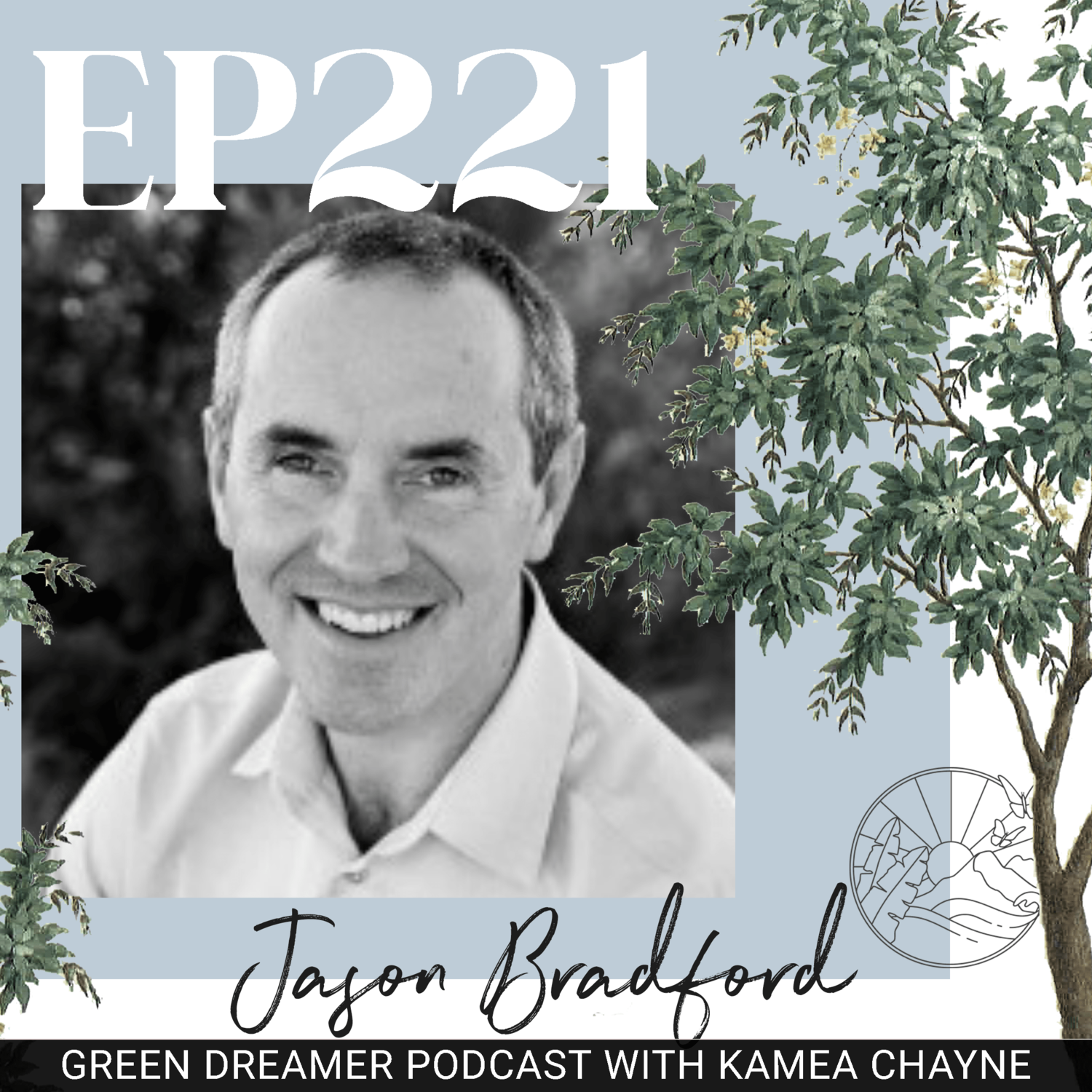Uncovering : The unsustainable systems that underlie cities and the case for reruralization (interview with jason bradford of the post carbon institute)
Jason Bradford (@jcbradford4) is a biologist, farmer, and the Board President of the Post Carbon Institute (@postcarboninstitute), an organization that provides individuals and communities with the resources needed to understand and respond to the interrelated ecological, economic, energy, and equity crises of the 21st century.
He notably authored The Future is Rural: Food system adaptations to the great simplification, which presents the case for reversing the trend of urbanization and towards re-ruralization.
In this podcast episode, Jason sheds light on the unsustainable systems that underlie and run our cities and why our perception that cites are more efficient and therefore, better for the environment, has been shortsighted; how we can re-ruralize without worsening urban sprawl or wild habitat loss; and more.
To start, get a glimpse below into the conversation between Jason and Green Dreamer Podcast's host, Kamea Chayne.
Musical feature: Trust The Sun by Mining for Steal by Fuchsia
“In resilience science, they talk about how systems lock-in and how a system that evolves has certain processes and relationships that are solidified, making it very hard for that system to adjust.”
If you feel inspired by this episode, please consider donating a gift of support of any amount today!
This is a conversation on Green Dreamer with Kamea Chayne, a podcast and multimedia journal illuminating our paths towards ecological balance, intersectional sustainability, and true abundance and wellness for all. This preview has been edited for clarity. Subscribe to Green Dreamer Podcast on Apple Podcasts, Spotify, Stitcher, or any podcast app to stay informed and updated on our latest episodes.
On the challenges of freeing society from our reliance on fossil fuels:
"In resilience science, they talk about how systems lock-in and how a system that has evolved has certain processes and relationships that are solidified. It makes it very hard for that system to adjust—it doesn't adjust simply with ideas.
The system changes when the material conditions no longer allow that system to persist."
On the barriers to solving environmental crises with technology:
"People have the assumption that technology will come around to solve a problem, and we do see tremendous growth in things like wind turbines and photovoltaics, which produce a stream of electricity. The electricity is a very high-quality energy source, but it's not the most portable nor the densest—we don't have dense forms of storing it.
So there are a few problems. The intermittency is one—right now we have intermittent sources of wind and sun. There's some predictability, but they're not available 24/7 like burning a gallon of diesel is. If you've got a gallon of diesel laying around, you can just decide when you're going to use it.
This is not the case for wind and sun energy. So you say, ‘okay, no problem, there are batteries.’
With batteries, the problem is that you get into what's called the energy density problem. If you were to try to replace hundred-gallon diesel tanks (which are used on tractors nowadays), that allows you to go for 12 to 20 hours before refilling. Try to do that with batteries and your tractor would just weigh too much and it would just cost so much more than what tractors today cost."
On the results of modern society's ideas of ‘progress’:
"Ninety-five percent of all terrestrial biomass is either livestock or people.
I start tearing up when I hear that. For anyone who says that I'm being unreasonable or don't understand the situation of the state of the world, well, this is what we've done.
This is what so-called ‘progress’ is. This is us, as a species, dominating and churning up nature and calling it ‘progress’. Thinking that we have any ability to continue this for very long is absurd."
Final words of wisdom:
“We all have unique talents and passions that can be applied to making the world a better place.
What you do isn't as important as making sure that it aligns with those talents and passions so that you're effective and that it comes from a place of love and compassion—not only towards everyone around you but all forms of life.”

